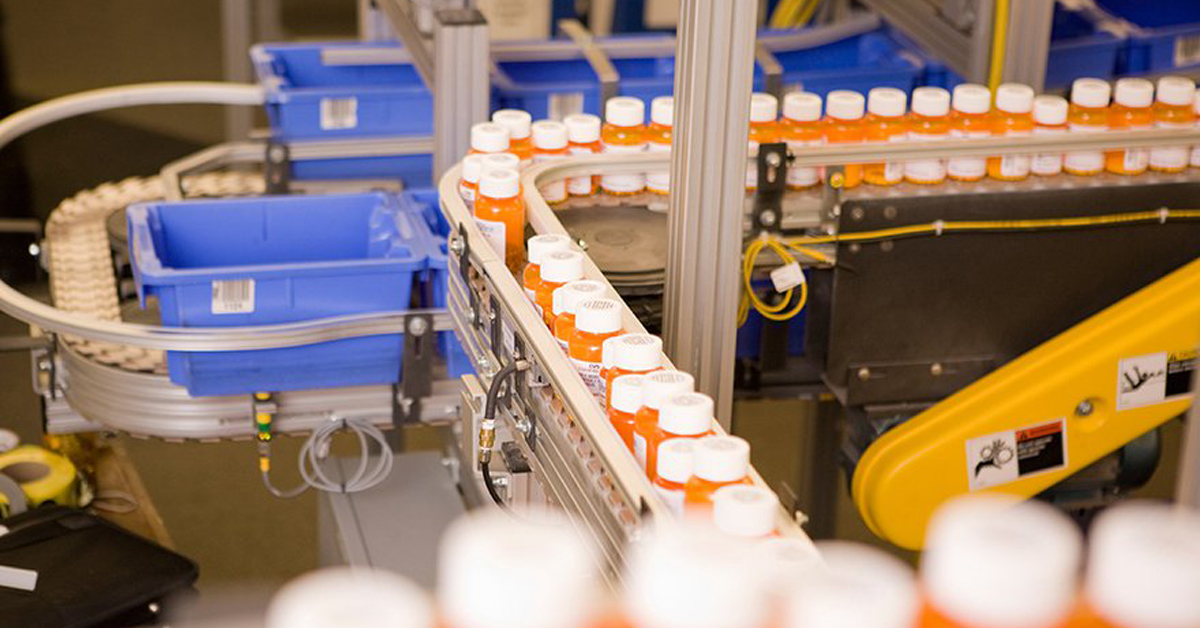This week’s BioBlog looks at several interesting developments in the use of technology in the healthcare field. Three companies are looking to use a blockchain-based application to secure and encrypt provider data. Researchers have found over 850 genetic alterations may be the reason why cancer “runs in families”. CVS targets chronic kidney disease with innovative ideas, and much more in this week’s Innovation Partners BioBlog.

CVS Health to target chronic kidney disease
CVS Healthcare is launching new initiatives aimed at helping patients cope with chronic kidney diseases. The company is seeking both to improve outcomes and to reduce the high cost of treatment for chronic kidney disease. Their initiatives include early diagnosis and expansion of home dialysis. This includes work on a hemodialysis device for in-home use.
CMS finalizes regulations to curb opioid misuse among Part D beneficiaries
In an effort to help combat the growing opioid abuse epidemic, Medicare is taking steps to curb prescription painkillers. A new rule establishes a ceiling of 90-milligram morphine-equivalent units for opioid prescriptions under the Part D Medicare program starting in 2019. A prescription at or above 90mg will require the pharmacist to speak with the prescribing doctor regarding the dosage and determine if an override is appropriate.
Medicare Advantage Plans Cleared To Go Beyond Medical Coverage — Even Groceries
New rules taking effect in 2019 for Medicare Advantage plans will go well beyond medical coverage. Suggested changes include providing air conditioners for people with asthma, healthy groceries, and rides to medical appointments – all changes intended to support healthier lifestyles in addition to providing medical care. This expands the CMS definition of “primarily health-related benefits”.
How CVS kept drug costs down despite soaring inflation
CVS kept drug price growth at zero last year for certain clients despite generally high inflation throughout the industry. Price growth for CVS last year was 0.2% for pharmacy benefits management clients despite 10% inflation. The company credits the use of generic medications which were dispensed to 86% of their pharmacy benefits management clients.
Hundreds of Inherited Gene Variants Contribute to Cancer
A new study found that not just a handful but over 850 rare, inheritable genetic alterations contribute to the development of cancer. These inherited traits are one of the reasons that cancer tends to ‘run in families.’ Researchers used a cloud-based bioinformatics pipeline to identify 1.46 billion germline variants and then to determine which of those actually contribute to a predisposition for cancer. They narrowed it down to 853 alterations that are likely meaningful to disease progression, based on what was known about the genes in which they occurred. These occur in about 8% of cases. The study information is likely to change how cancer is identified and potentially managed, especially among those at most genetic risk.
Using mathematical models to determine the best chemotherapy schedules
Professor Paul Newton and PhD recipient Jeffrey West have developed a tool that can predict the best course of treatment for cancer patients. The pair determined that chemotherapy schedules should be based on the rate of tumor growth. Future models based on their work may help overcome some of the challenges associated with chemotherapy.
Optum, Quest And Humana In Blockchain Deal To Improve Doctor Directories
Humana, Optum and Quest are looking into a permanent, public, secure and immutable record to house important records—namely, blockchain technology. Although frequently associated with cryptocurrencies such as bitcoin, blockchain can be applied to any record keeping where records must be secure, public, and unalterable. The pilot program developed by the three secures and encrypts health directory data available in health plan provider directories.




